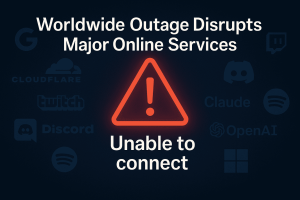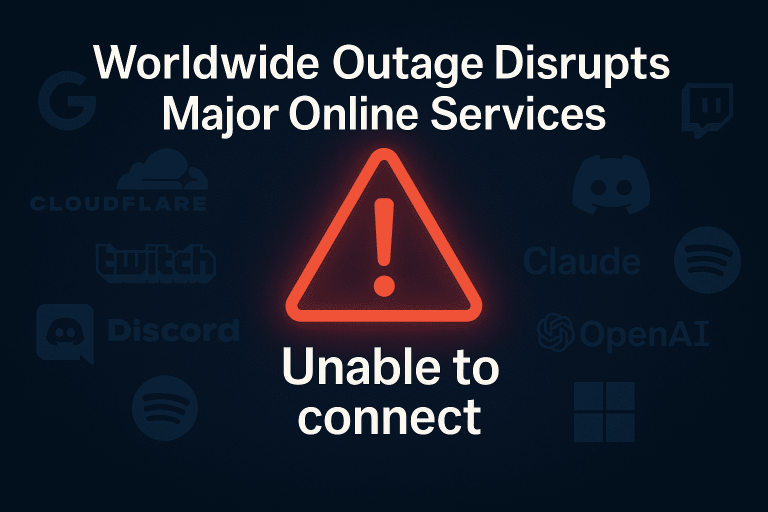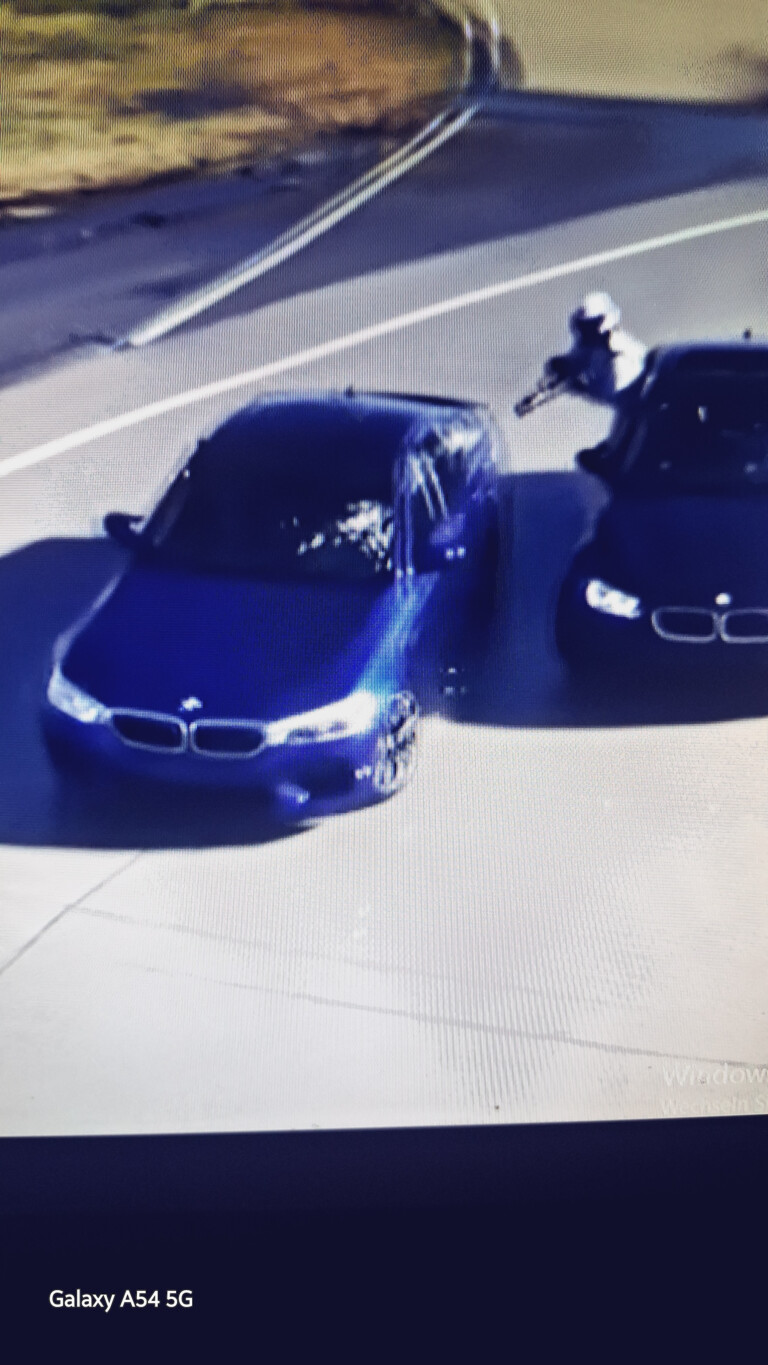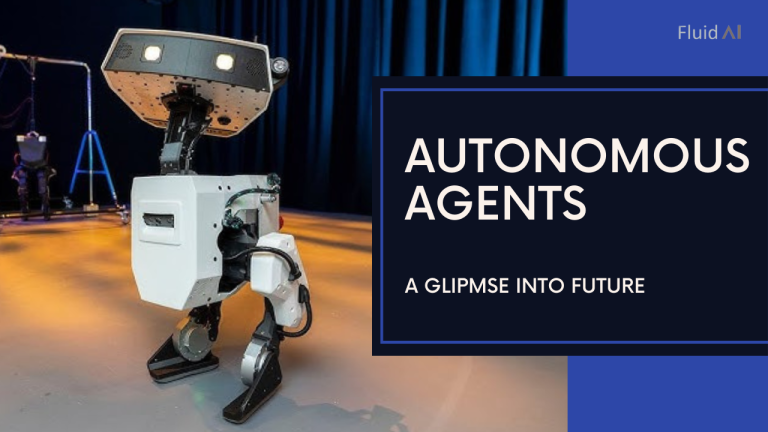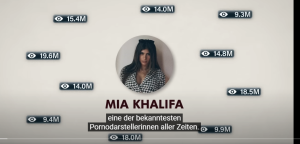The Dead Internet Theory: A Digital Conspiracy or a Reflection of AI’s Growing Influence?
The “Dead Internet Theory” has emerged as one of the most intriguing and controversial concepts in recent years, sparking debates about the authenticity of online interactions and the role of artificial intelligence (AI) in shaping our digital experiences. At its core, this theory posits that much of the internet we interact with today is no longer driven by genuine human activity but instead dominated by bots, AI-generated content, and algorithmic curation. While it may sound like a dystopian plot from a science fiction novel, the theory raises important questions about the future of the web.
What Is the Dead Internet Theory?
First gaining traction on forums like Agora Road’s Macintosh Cafe in 2021, the Dead Internet Theory suggests that organic human activity on the internet began declining around 2016. Proponents argue that bots and AI now generate most online content, from social media posts to articles and even user interactions. This phenomenon is said to be part of a coordinated effort by corporations, governments, or other entities to manipulate public perception and control information.
Key claims of the theory include:
- A significant portion of online content is created by bots or AI-powered systems.
- Social media platforms are filled with fake profiles and automated interactions.
- Algorithms curate what users see, suppressing organic human content in favor of AI-generated material.
- Governments and corporations allegedly use these technologies to influence public opinion.
While these claims may seem far-fetched, they are rooted in observable trends such as the rise of generative AI tools like ChatGPT and MidJourney, which can produce highly realistic text, images, and videos.
The Role of AI in Shaping the Internet
AI’s growing influence on the internet is undeniable. Large language models (LLMs) like GPT-3 and GPT-4 have revolutionized content creation, enabling machines to generate articles, social media posts, and even entire websites. According to a 2023 report by Imperva, nearly 50% of all internet traffic is now attributed to automated programs—a statistic often cited as evidence for the Dead Internet Theory.
Social media platforms have also embraced AI for engagement farming. For example:
- Facebook has introduced features allowing AI-generated responses to user posts.
- Viral phenomena like “Shrimp Jesus” (AI-generated images blending absurdity with religious iconography) highlight how algorithms can exploit human psychology for clicks and shares.
These developments raise concerns about authenticity. If much of what we see online is generated or curated by AI, how can we distinguish between genuine human voices and machine-driven content?
Implications for Society
The Dead Internet Theory touches on broader societal issues:
- Erosion of Trust: As bots and AI-generated content proliferate, users may find it increasingly difficult to trust what they see online. This erosion of trust could undermine democratic processes and public discourse.
- Polarization: Algorithms often create “echo chambers,” where users are exposed only to content that aligns with their existing beliefs. This can deepen societal divisions and hinder constructive dialogue.
- Loss of Human Connection: With chatbots replacing customer service agents and algorithms moderating discussions, genuine human interaction online is becoming rarer.
Criticism and Counterarguments
Skeptics argue that while there is evidence of increased bot activity and algorithmic curation, these phenomena do not necessarily mean the internet is “dead.” Critics point out that:
- Human creativity still drives much of the content consumed online.
- The theory conflates legitimate concerns about AI’s role with unfounded conspiracy claims.
- Efforts are underway to regulate AI use on platforms and ensure transparency.
Additionally, some experts suggest that fears surrounding AI may be exaggerated. For instance, while generative AI can produce convincing content, it still relies on human input for training data and guidance.
Conclusion: A Call for Vigilance
Whether or not one subscribes to the Dead Internet Theory, it serves as a wake-up call to examine how technology is reshaping our digital landscape. The increasing prevalence of AI-generated content underscores the need for greater transparency from tech companies and robust regulations to safeguard authentic human interaction online.
As we navigate this new era of digital transformation, one thing is clear: preserving the internet as a space for genuine connection and creativity will require collective effort—from policymakers to everyday users. Only then can we ensure that the web remains a tool for empowerment rather than manipulation.
Zur Nachfrage hinzufügen
Quellen auswählen
Citations:
- https://en.wikipedia.org/wiki/Dead_Internet_theory
- https://webmakers.expert/en/blog/ai-and-the-dead-internet-theory
- https://theconversation.com/the-dead-internet-theory-makes-eerie-claims-about-an-ai-run-web-the-truth-is-more-sinister-229609
- https://www.forbes.com/sites/danidiplacido/2024/01/16/the-dead-internet-theory-explained/
- https://papers.ssrn.com/sol3/Delivery.cfm/5085878.pdf?abstractid=5085878&mirid=1
- https://www.unsw.edu.au/newsroom/news/2024/05/-the-dead-internet-theory-makes-eerie-claims-about-an-ai-run-web-the-truth-is-more-sinister
- https://www.yahoo.com/tech/dead-internet-theory-just-scary-161651320.html
- https://arxiv.org/abs/2502.00007
- https://www.jstor.org/stable/27244117
- https://www.wix.com/blog/dead-internet-theory
- https://hackernoon.com/the-dead-internet-theory-the-dark-side-of-ai-automation
- https://de.wikipedia.org/wiki/Dead_Internet_Theory
- https://www.youtube.com/watch?v=gbPHg93XPI4
- https://www.reddit.com/r/nosurf/comments/1c96mdh/dead_internet_theory/
- https://www.youtube.com/watch?v=DJb77xLOBMY
- https://www.unsw.edu.au/newsroom/news/2024/05/-the-dead-internet-theory-makes-eerie-claims-about-an-ai-run-web-the-truth-is-more-sinister
- https://webmakers.expert/en/blog/ai-and-the-dead-internet-theory
Antwort von Perplexity: pplx.ai/share




